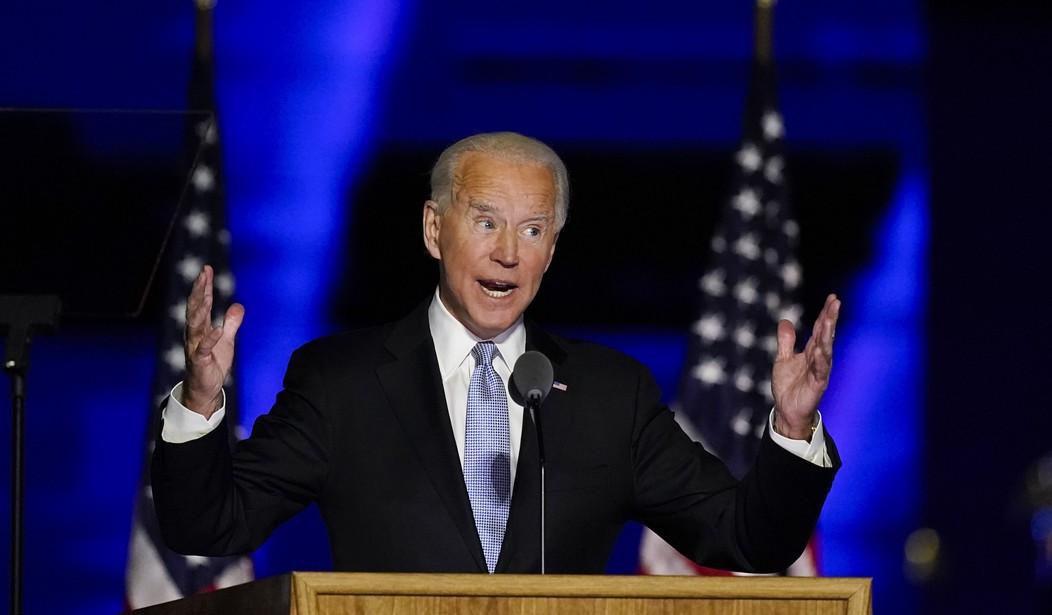In mid-October 2020, the Chicago Council on Global Affairs detailed the results of a survey on American views of China and the split between those who want to contain the rise of Communist China and those who favor cooperation.
Perhaps not surprisingly, “a majority of Republicans (64%) say the U.S. should actively work to limit the growth of China’s power, while a majority of Democrats (60%) favor friendly cooperation and engagement with China.”
Given the recent spate of news reports – some of which became public prior to the general election in November but were arguably downplayed if not outright censored by media and tech companies – that several high-ranking Democrats or their family members may have been compromised by China, it’s reasonable to ask what “friendly cooperation and engagement” means to a Democrat administration led by Joe Biden and Kamala Harris.
The Wall Street Journal reported just after the Nov. 3 election that a Biden administration would continue the Trump administration’s aim to reign in China’s desire to become a leader in the tech sector by being more “consultative” with allies. The implication is that the tone could change from Trump’s tough, “America First” mantra to something much less aggressive. But the policy as it relates to China and technology would largely remain the same.
Mr. Biden and his advisers said during the campaign that he is concerned about China using technology to advance state control, rather than empower citizens.
“As the vice president sees it, there’s a division in the world between techno-democracies and techno-autocracies,” Antony Blinken, a former Obama administration official who served as the Biden campaign’s senior foreign-policy adviser, has said. The Biden campaign didn’t respond to requests for comment regarding its China strategy.
Recommended
What then to make of American tech companies like Facebook and Twitter censoring The New York Post’s reporting on Biden’s son Hunter’s problematic relationship with China, and the new revelations that Hunter has been under investigation for those relationships for the past couple of years?
Are Americans to assume that the new policy of “friendly cooperation” means using domestic tech giants to squelch unfavorable stories about China’s influence peddling and that this will somehow keep China from gaining dominance in the tech sector?
There are also reports Biden will choose a tough-minded trade representative Katherine Tai, “a trade lawyer with a history of taking on China,” as his pick for top trade representative. But, as The Diplomat notes, this might come as a shock to those familiar with Biden’s history on China.
Biden’s critical views on China today, however, may be surprising to many because he used to be a true believer of the “engagement with China” doctrine. That was embodied in his support for granting China Most Favored Nation trade status. On a trip to Taiwan in 2001, Biden explained the rationale behind this doctrine: “The more they [meaning China] have to lose, the more they are likely to begin to accommodate international norms.” As late as last May, Biden mocked President Donald Trump’s trade war with China by downplaying the threat. “China is going to eat our lunch? Come on, man… they’re not bad folks, folks. But guess what: they’re not competition for us,” Biden said.
While the nation awaits inauguration and the conclusion of election challenges, Biden is talking tough on China. But after the sound and the fury subsides, it will be interesting to see exactly what this new tone of “friendly cooperation” with a country bent on ascension will entail.
Sarah Lee is a freelance writer and policy wonk living and working in Washington, DC.

























Join the conversation as a VIP Member